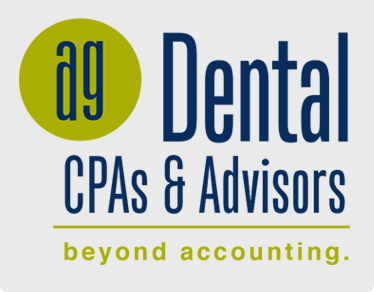
Whether you are creating a startup or purchasing an existing practice, the acquisition process comes with tax challenges. Make sure you are prepared and have all the information needed to complete your forms. Our dental accounting firm can help you run the numbers and determine your costs.
Here are other factors to consider when purchasing a dental practice.
Determine Practice Value
Before you commit to purchasing a particular practice, get a professional appraisal of all tangible assets. This can include everything from the soundness of construction, to the useful life of the equipment. The location, cash flow, salaries, number of active patients, and goodwill should all be factored in. As dental accountants, we offer solid estimates of your acquisition costs and their tax implications
Verify Seller Information
To make an informed acquisition of a dental practice, research your prospect with care. Visit the location at different times of the day. When talks get serious, verify patient counts through practice management software, or viewing a sample of charts. If you are not buying the building, review the lease terms to see if you can get out of a disadvantageous situation.
Consider the Cost of Build-outs and Renovations
Factor in the costs of updating your new practice. Even the most aesthetically pleasing and technologically advanced office might require some renovations or changes to fit your vision. This is especially true for an older office that will need modernization. A great deal on a building might not be a bargain after all when you factor in renovation costs.
Reputation is More Important Than You Think
If you are seeking to purchase a practice, determine its standing in the community. If the seller has poor reviews or has difficulty retaining patients, consider those important potential hurdles to overcome. It is possible to build a better reputation for your new practice, but it will require a proactive approach. You might want to increase your marketing budget, host open houses to show off your new team and renovations, and build goodwill through community outreach and charity efforts.
If you need advice on the hidden costs of acquiring a dental practice, require tax preparation services, or could use financial guidance on running your practice, please contact our dental accounting firm in Baton Rouge, LA and request a complimentary consultation today.








